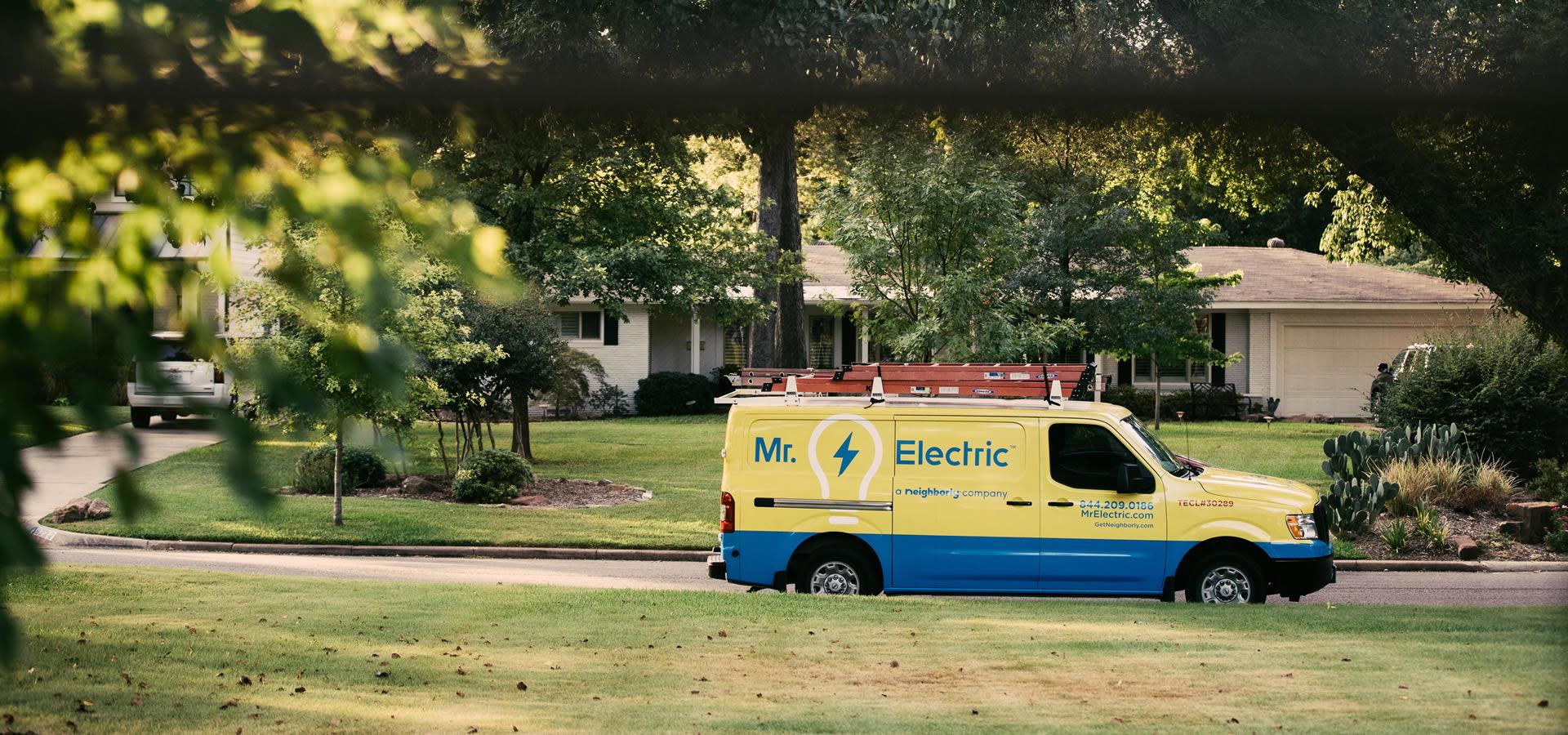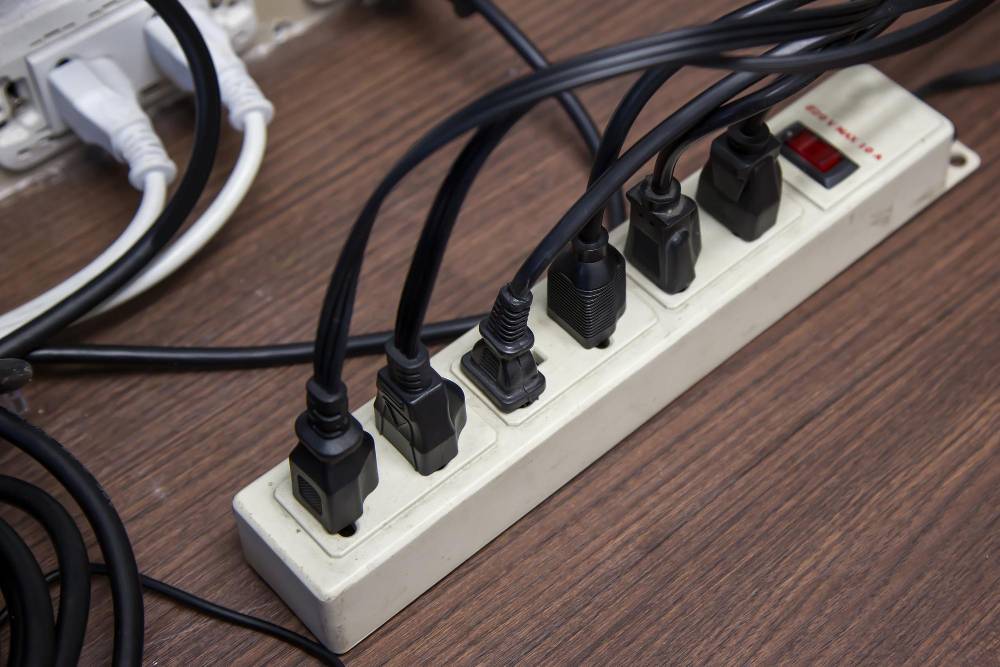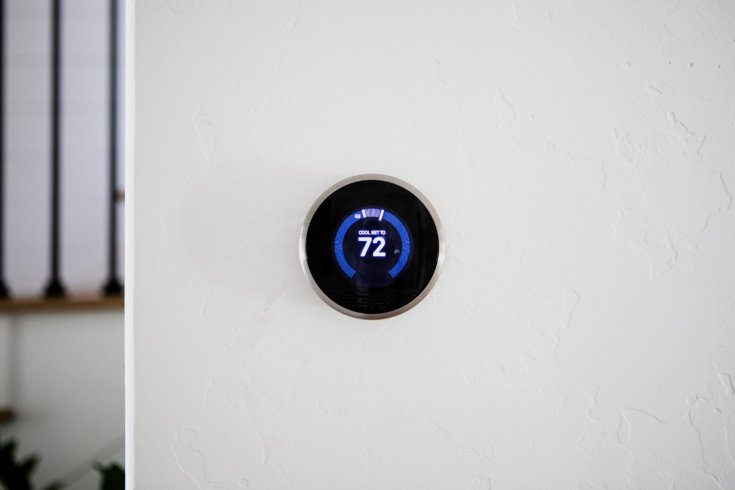How to Safely Use Extension Cords
Extension cords, while convenient, can be a safety hazard if not used properly. Here at Mr. Electric, we’ve put together nine safety tips for using extension cords at home.
- Steer Clear Of Using Extension Cords Near Heat Sources, Water, Or High-Traffic Areas
Keep extension cords away from heat sources like radiators, space heaters, or stoves. Water is another enemy – avoid using them in bathrooms, kitchens near sinks, or outdoors unless they're specifically rated for outdoor use. High-traffic areas are also risky; avoid running cords under carpets or doorways where they can be tripped over or damaged.
Get into the habit of inspecting your extension cords regularly. Look for signs of wear and tear, like fraying wires, cracked insulation, or loose prongs. A damaged cord is a fire hazard – discard it and replace it with a new one.
Extension cords are meant for temporary use. When you're finished with an appliance, unplug the cord from both the outlet and the device. You’ll not only save energy, but this practice will also prevent overheating.
- Do Not Plug Extension Cords Into One Another
It might seem like a good idea to connect multiple extension cords to reach a faraway outlet, but resist the urge. This practice, also known as "daisy chaining," can overload the circuit and lead to overheating or fire. If you frequently need power in a specific location, consider having a qualified electrical repair service install a new outlet closer to where you need it. This is the safest and most permanent solution, eliminating the need for extension cords altogether.
- Make Sure Extension Cords Are Properly Rated For Their Intended Use
Different appliances have different power requirements. Make sure the extension cord you're using is rated to handle the amount of electricity the appliance needs. Look for the wattage rating on both the cord and the appliance to ensure a safe match. If you need help selecting the right extension cord for your needs, consult with a professional electrician.
Don't coil up extension cords tightly when they're in use. Tangled electrical cords can trap heat and increase the risk of overheating. Let the cord lie flat and loose for better air circulation.
For valuable electronics or appliances, consider using a surge protector. This provides an extra layer of safety by absorbing sudden spikes in voltage that can damage your devices. Surge protectors offer peace of mind, prevent data loss, and are a relatively inexpensive investment for the protection they provide. Call a trusted electrical repair service for surge protector installation in your home or business.
- Never Use a Damaged Extension Cord
Never use a damaged extension cord. Even a minor tear or fray can pose a serious safety risk. If you notice any damage, it's best to err on the side of caution and replace the cord.
- Only Buy Cords That Have Been Approved By an Independent Testing Laboratory
Only buy extension cords that have been approved by a reputable independent testing laboratory, such as Underwriters Laboratory (UL). An UL stamp means the cord meets safety standards and is less likely to cause electrical problems.
Looking For a Trusted Electrician? Contact Mr. Electric Today
Mr. Electric is a reputable electrical service company that has been providing reliable services for decades. Whether you’re in need of electrical outlet installation, surge protector installation, or a comprehensive electrical inspection, we’ve got you covered.







